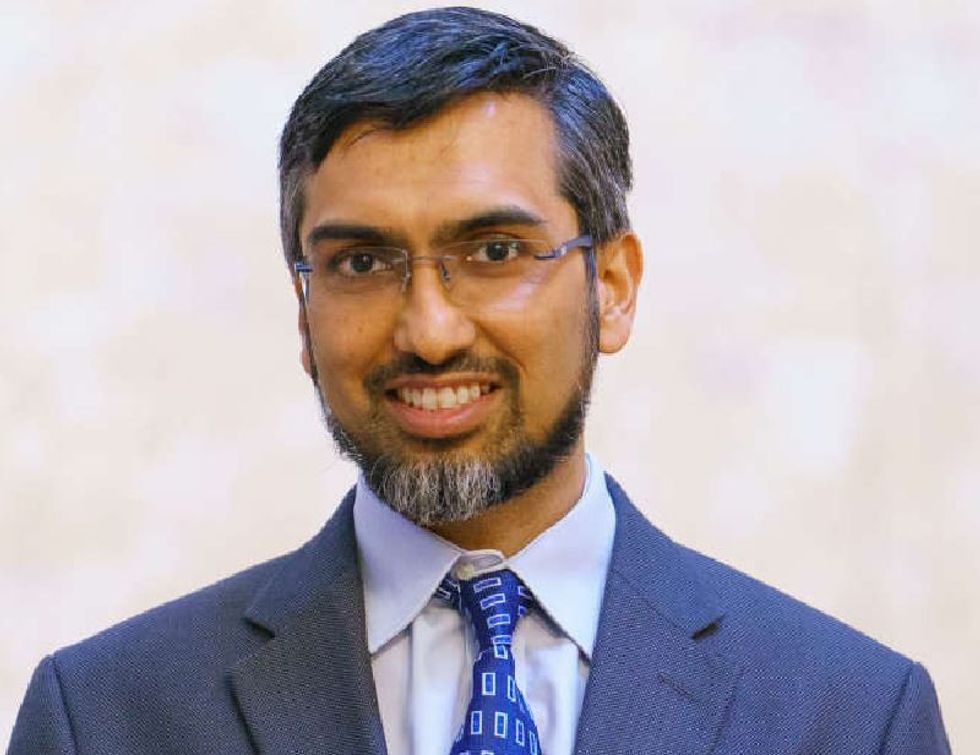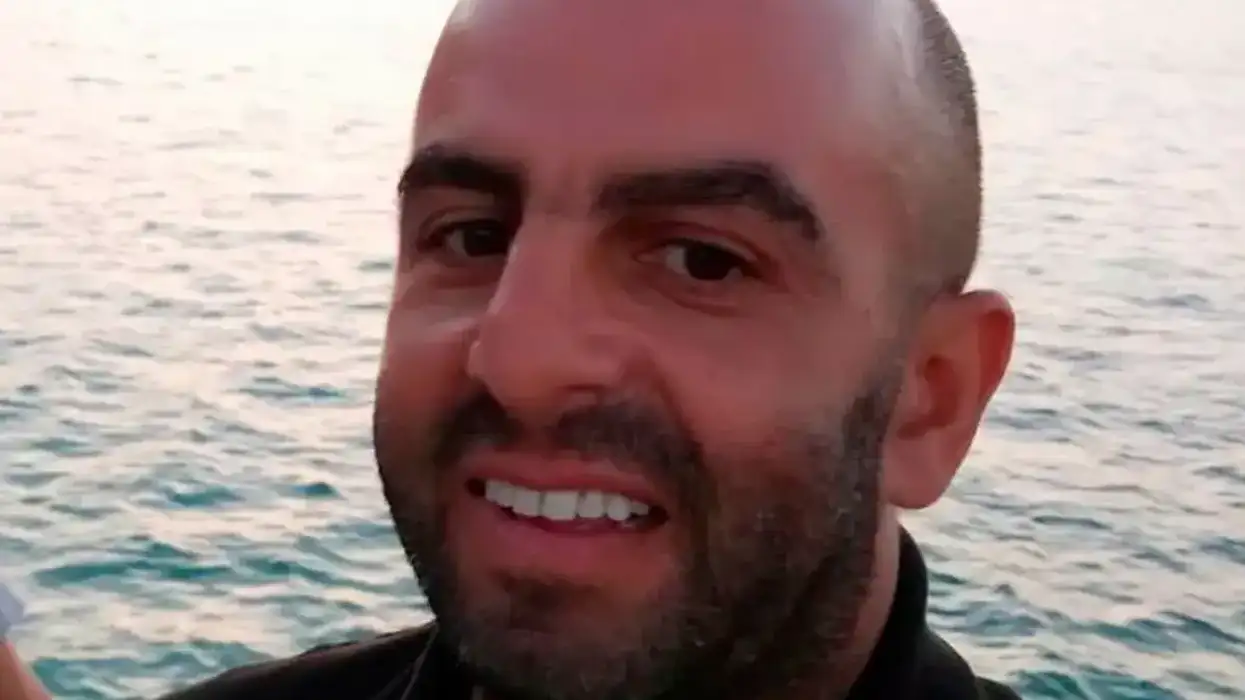MOST of us know someone in our family who has suffered from diabetes, or cancer, or had a heart attack or stroke. Doctors have known for a long time that south Asians are more susceptible to certain diseases. For example, we’re five times more likely than white people to develop diabetes, and much more prone to having heart disease.
As a south Asian doctor working in the NHS, I’ve seen what those statistics mean on the ground. I’ve lost count of the number of south Asian patients I’ve treated who are battling serious health consequences due to diseases like type 2 diabetes, heart disease, or cancer that’s already spread.

It’s hugely frustrating on several levels. First, neither diabetes nor heart disease nor cancer develop overnight. Instead, they take hold over months and years, gradually establishing themselves until the moment when you first experience a symptom. If doctors like me could get to people before they have a heart attack or stroke due to clogged arteries, or before their cancer has spread, we could help them avoid life-threatening consequences.
Second, it’s frustrating because we’ve known for decades that south Asians are more prone to these diseases – yet we haven’t satisfactorily worked out why, or how we can help. If we can do that, we can diagnose diseases like diabetes, heart disease and cancer earlier, treat them earlier, or prevent them altogether.
I believe Our Future Health, an ambitious new health research programme, will allow health researchers to do just that. The programme is attempting something that’s never been done before: to combine the health information of up to five million volunteers from across the UK. It will create an incredibly detailed picture of the nation’s health, which researchers can use to identify differences in how diseases begin and progress.
Most important, we want to make sure that for the first time, a research programme like this truly reflects the UK’s diverse population. In the past, many ethnic minorities - including south Asians - have been under-represented in health research, which means the treatments and techniques that doctors rely on today are often based on studies of predominantly white volunteers. Our Future Health will be the largest ever study of the health of south Asians not just in the UK but globally – and the first of its size to be led by a south Asian doctor.
By taking part, you can help us develop new and better ways of diagnosing and treating disease, which will help improve the health of south Asians not just here in the UK, but also across the world. In the future, you’ll also have the chance to find out more about your own risk of common diseases like diabetes, heart disease, and some cancers.
Volunteering for Our Future Health is easy – all you have to do is fill out a questionnaire online, attend a 20-minute appointment where some physical measurements are taken, and donate a small sample of blood. In the process, you’ll find out more about your own health – including your blood pressure and cholesterol levels, which are two of the main indicators of diseases like diabetes and CHD.
By joining this programme, you can help to make sure that south Asian people are represented in new healthcare discoveries. In the future, not only will we have a better understanding of why people like us are more likely to develop diabetes and CHD, we’ll also know how to help before it’s too late.
- Dr Raghib Ali OBE is chief medical officer and chief investigator at Our Future Health













